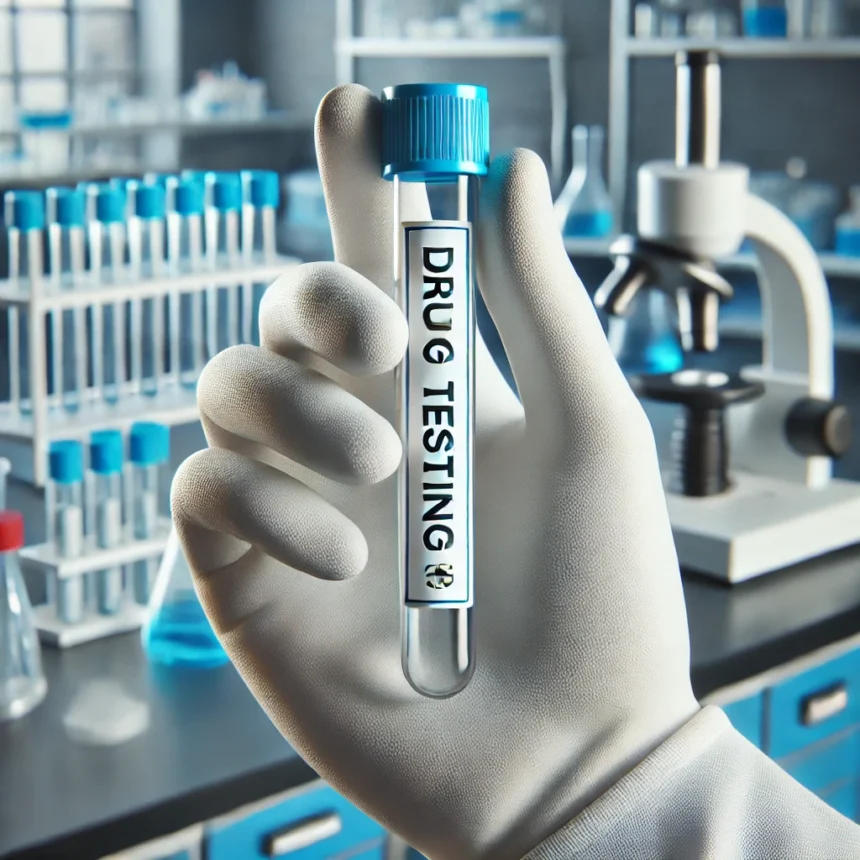Driving under the influence (DUI) or Drunk driving is considered a felony and a misdemeanor in the US. Still there are rising cases of fatalities and deaths due to road accidents because of drunk drivers with a blood alcohol concentration (BAC) of 0.08% or higher. And these cases continue to rise in Florida as well.
According to statistics provided by the US Department of Transportation (DOT), it was reported that about 32% of all traffic crash fatalities in the United States involve drunk drivers and that about 37 people die in drunk driving car crashes everyday.
Talking specifically about Florida, NHTSA reports Florida ranked as third for having the highest number of drunk driving fatalities in 2022, with 940 drunk driving deaths. It was also reported that Florida held 27% of traffic fatalities caused by drunk driving, compared to the national average of 32%.
Especially the major cities of Florida, like Miami and Tampa, experience a large number of fatal drunk driving crashes, emphasizing the importance of drug testing Tampa as a preventive measure in safety-sensitive industries.
DOT Drug Testing and What it is?
For decades the government had been trying to prevent these accidents with powerful policies. In 1991, the United States Congress passed the Omnibus Transportation Employee Testing Act, which required all the DOT agencies to run alcohol and drug testing on the employees working in “safety sensitive” positions. A safety-sensitive employee is someone who holds a job that can impact both their safety and the safety of the public.
These rules are published by the Office of Drug and Alcohol Policy Compliance (ODAPC). The specific regulations are found in 49 Code of Federal Regulations (CFR) Part 40 and include the procedures of testing and how to return an employee to safety-sensitive duty. The test was a strategic effort by DOT to protect the safety of workers and all the stakeholders of the transportation industry including the public.
Who is Tested?
All the employees working for agencies in Florida that come under the US Department of Transportation and who are designated as safety sensitive employees are required to go under DOT alcohol and drug testing. Even the employees who are qualified for this designation but are not actively on duty need to get tested regularly, in case they are required for emergencies.
Here is a detailed list of agencies and the kind of employees in these agencies who are subjected to DOT testing:
Aviation (FAA): Persons that perform safety-sensitive functions like air traffic control facilities, flight crewmember, flight attendant, flight instructor, air traffic controller, aircraft dispatcher, aircraft maintenance or preventative maintenance, ground security coordinator, aviation screeners and operations control specialist.
Commercial Motor Carriers (FMCSA): Commercial Drivers License (CDL) holders who operate Commercial Motor Vehicles that weigh 26,001 lbs or greater, or operate a vehicle that carries 16 passengers or more.
Maritime (USCG): Crewmembers operating a commercial vessel. It is an agency under the U.S. Department of Homeland Security.
Pipeline (PHMSA) An employee who performs an operation, maintenance, or emergency response function on a PHMSA regulated pipeline or liquefied natural gas (LNG) facility.
Railroad (FRA): workers like locomotive engineers, trainmen, conductors, switchmen, locomotive hostlers/ helpers, utility employees, signalmen, operators and train dispatchers. In addition, a person who performs a maintenance-of-way/roadway worker function such as employees or contractors of the railroad.
Transit (FTA): a holder of a commercial drivers’ license, Vehicle operators, controllers, mechanics and fire armed security.
When is DOT Drug Testing Done?
Pre-employment: For newly hired employees or transfer from non-safety sensitive job to safety sensitive designation.
Reasonable Suspicion/Cause: When a one or more trained supervisor has a reasonable suspicion that an employee is under the influence, guessing from their appearance, behavior, speech and smell.
Random: It is an unannounced drug and alcohol testing routine administered randomly, but the employee selection has to be truly random, where each employee has an equal chance to be selected and tested.
Return-to-duty: When you return to duty after violating drug and alcohol rules, you are required to take tests again before continuing.
Follow-up: The Substance Abuse Professional (SAP) determines how many follow up tests will be administered after the return to duty. Usually testing is done at least 6 times in the first 12 months of the return.
Post-Accident: Incase of an on-duty accident or an event meeting specific criteria of the DOT agency, a post-accident test is required.
Which Substances Are Tested For?
- Marijuana metabolites
- Cocaine metabolites
- Amphetamines including methamphetamine, MDMA
- Opioids – codeine, heroin (6-AM), morphine, oxycodone, oxymorphone, hydrocodone, hydromorphone
- Phencyclidine (PCP)
*Specimens collected for testing are:
Drug: Urine
Alcohol: Breath & Saliva
* The FRA requires blood specimens as part of their Post-Accident testing.
How Are The Tests Administered?
- Notification: The employee is sent a notification to submit a drug test and the reason for it.
- Reporting: The employee has to comply with the rules and report to the collection site
- Urine Collection: At the collection site the procedure is started where the collector has to follow a routine. It includes verifying employees photo ID, emptying their pockets and keeping their belongings in a secure area and securing the collection area.
Employee is given a sealed kit in which he has to provide 45 ml of urine. After this the collector measures the temperature and checks the color and then pour the urine in 2 separate bottles, all being done in the presence of the employee. Then both the parties sign the paperwork
- Lab Testing: The bottles are sent to the lab for testing where bottle A is tested only and the results are sent to the Medical Review Officer (MRO)
- Medical Review: MRO, a licensed and clinical physician, is responsible to maintain the integrity of the drug testing process. In case of positive, adulterated or substituted results, he reviews lab results and looks for any legitimate medical reasons by interviewing the employee, reviewing their medical records or requesting an examination of the employee by an approved physician.
- Testing B bottle: After MRO’s notice, employees can request the test of bottle B, within 72 hours.
- Verified Results: Then finally, the MRO reports the results to employer verified as either:
- Negative
- Positive
- Refusal
- Cancelled
Where are drugs tested in Florida?
DOT Drug testing is done in laboratories certified by the Department of Health and Human Services where they receive urine and/or oral fluid specimens. They are tested to determine the presence of drugs. They also conduct validity testing to determine if the specimen has been adulterated or substituted.
A laboratory located in Florida and in the U.S generally, is only permitted to participate in DOT drug testing only if it is certified by HHS under the National Laboratory Certification Program (NLCP).
Ensure Safety
If you are soon joining or are currently an employee of any DOT agency in Florida, be sure to keep your record clean and get your drug testing done from a certified and trustworthy testing laboratory. Play your part and ensure your safety and those around you!
Read more interesting content on this WEBSITE






